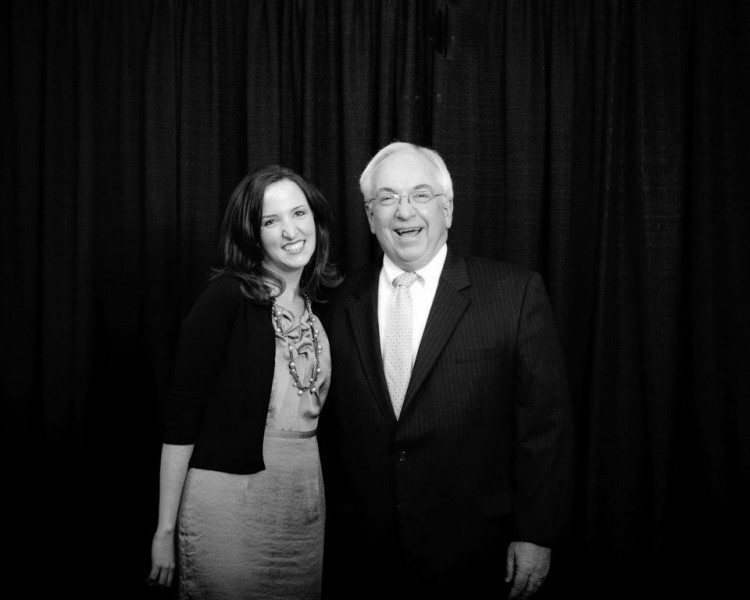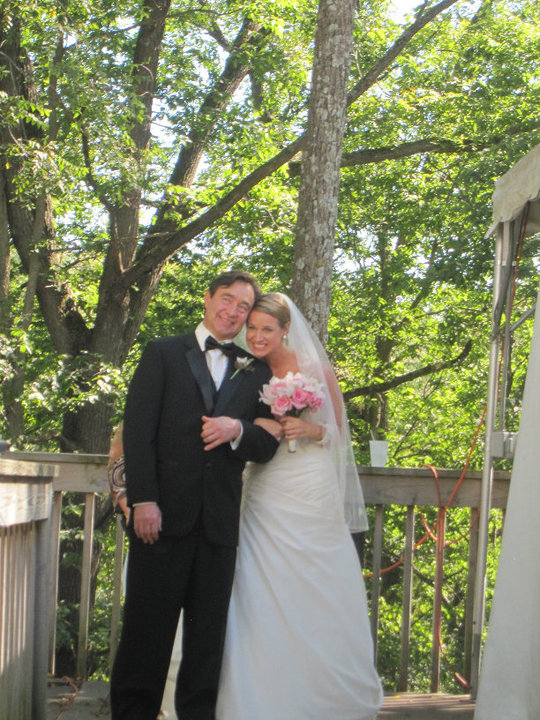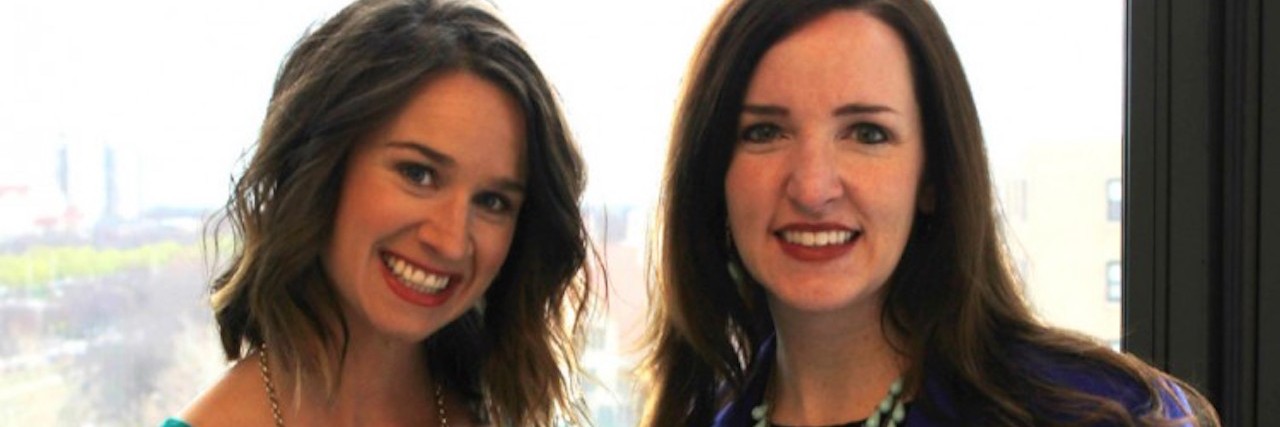In the wake of losing our dads to suicide in 2011, we met at a local support group for newly bereaved young adults. In the years since, we’ve bonded over our grief and committed to helping others navigate their journeys as survivors. We wanted to share how our experience as survivors over the past few years has reframed how we perceive and acknowledge International Survivors of Suicide Day in November.
Survivor Day Gives Me Hope — Becky
This marks the sixth year I’ve recognized International Survivors of Suicide Loss Day since facing my father’s untimely passing. “Survivor Day,” as the American Foundation for Suicide Prevention calls it, is the one day each year when people affected by suicide loss gather around the world and in their local communities to find comfort and gain understanding as they share stories of healing and hope. Some participate in events or online webinars, while others simply find solace in knowing they aren’t alone. It’s estimated more than 44,000 individuals die by suicide in the United States every year, leaving behind many more.

I remember learning for the first time that such a day existed. I was three months into my grief journey and trying to find my way through the hazy fog of reality that my dad had taken his own life. My mom, brother and I attended an event at an area hospital featuring a variety of speakers in the mental health field. Admittedly, I could hardly concentrate, I was still so overwhelmed by the thought I had a reason to be there. After all, suicide didn’t happen to people “like us.” In hindsight, I don’t even know what that meant, but it didn’t seem to be a topic I needed to worry about in my family. However, as I looked around the room that day, I quickly learned that despite my preconceived notions, suicide knows no “type.” At the time of his death, my dad was a respected 64-year-old judge. He was active in the community, a regular volunteer and a member of more organizations than I can count. My parents were still lovingly married after 30 years. He was also the life of every party, with an infectious laugh and an incredible sense of humor. During times when I felt down in life, my dad was always there to give me a pep talk and work it out. These are many of the reasons why his suicide shocked us. How could such a seemingly happy man give everything up in a split second? Having had years now to meet hundreds of other survivors and gain a better understanding of the factors that may lead someone down the path of suicide, I am more aware than ever that suicide knows no bounds. I’ve shared tears and hugs with survivor parents, siblings, children and friends who have all become part of “the club nobody wants to join.”
As I hear and read stories of each of their loved ones, I am amazed at how jovial, bright and beloved they were. Survivors and those lost span all ages, ethnic backgrounds, geographies, economic classes and religions. This is because depression, anxiety and other mental health struggles that can put individuals at risk for suicide do not discriminate. None of us who lost someone did anything wrong, and neither did our loved ones, which is why society’s stigma around these topics is so hurtful. On International Survivors of Suicide Loss Day, I am reminded that even though I may feel alone in my personal grief, I am surrounded by others – including Jessica – who understand how difficult it is to experience a loss of this nature. I am also filled with hope that time will continue to reveal new research and insights into the causes and prevention of suicide so that fewer people are forced into “the club.”
Survivor Day Reminds Me of My Strength — Jessica
I often speak about my life in two parts: my life before my dad’s suicide and my life after. In an instant, I was forced into “the club” that Becky referred to. I have been a member for nearly five years and I can say that my perception of being a survivor has been altered over the years. Being a survivor means that you have been introduced to a new level of pain. A level of pain that others outside of “the club” will never fully understand. The solid ground beneath you now feels like quick sand. The familiar world around you feels like a foreign place. You question who you are and what this tragedy means about you and your future. It is our own version of mass destruction. Everything we knew to be true no longer seems accurate. This is the sad reality of a loss by suicide. Being a survivor also means that you have been introduced to a new level of strength. A strength that you never knew existed inside of you. It takes strength to get up, get dressed and engage in a world that no longer appears safe or familiar. It takes strength to allow yourself to feel the pain, to allow yourself to break down, to allow yourself to just be. It takes strength to rebuild your life and make sense out of a senseless act. It takes strength to begin again.

While I would not have chosen to be a part of “the club” I am thankful for the people I have met along the way. Survivors of a suicide loss are some of the strongest people I have encountered. They are kinder than most, more observant of the world around them, and give more than they receive. Survivors are the definition of resilience. On International Survivors of Suicide Loss Day, I am reminded of my own strength, and humbled by the strength of those who have walked alongside me through my journey.
If you or someone you know needs help, visit our suicide prevention resources page.
If you need support right now, call the National Suicide Prevention Lifeline at 1-800-273-8255 or text “START” to 741-741.
We want to hear your story. Become a Mighty contributor here.
Image via contributor

